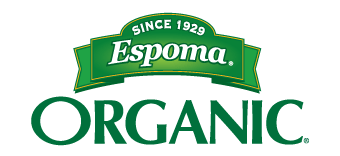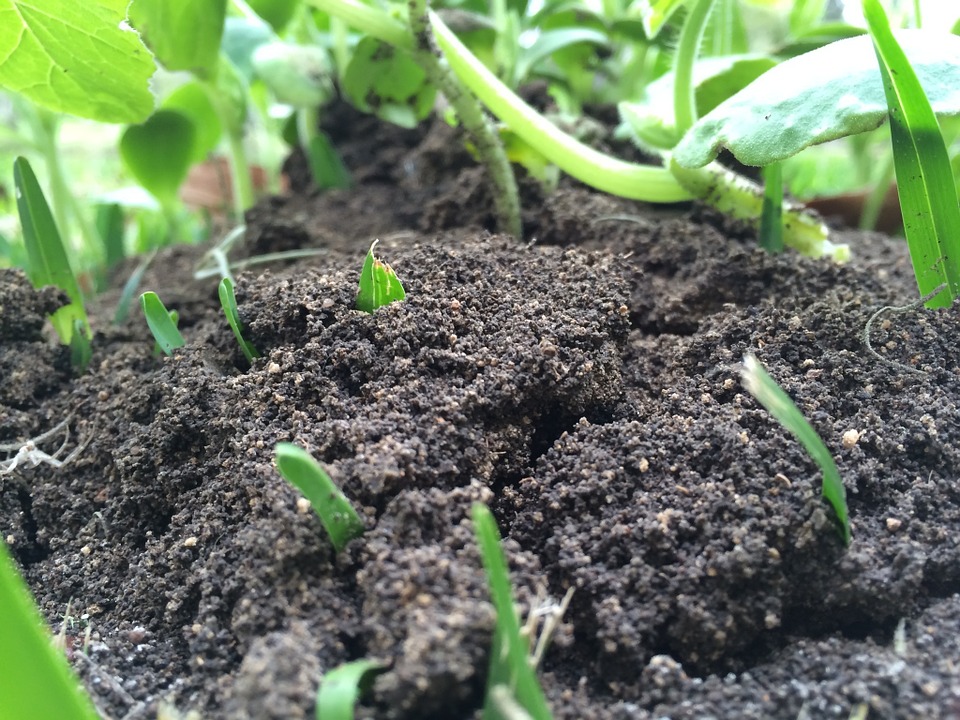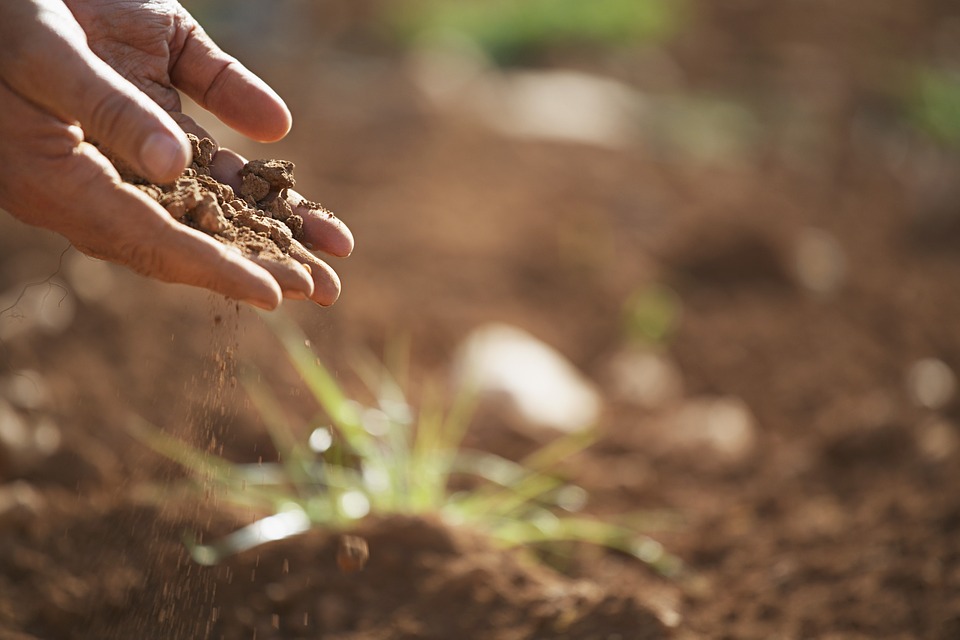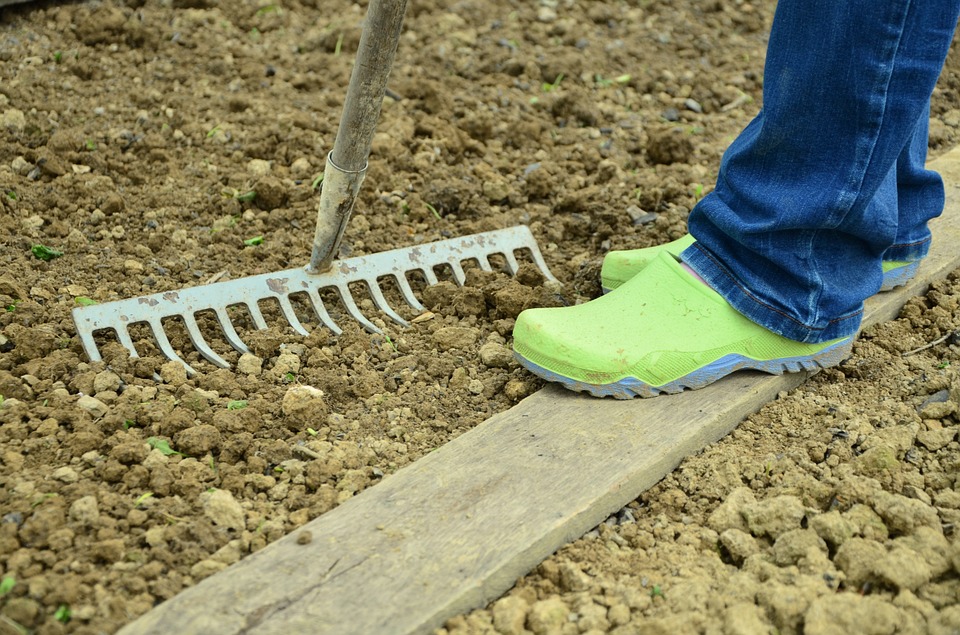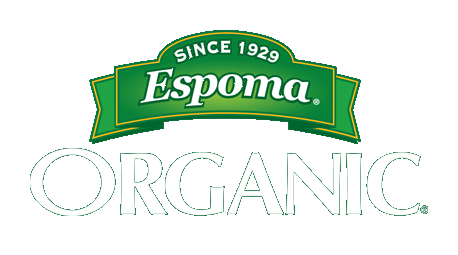Learn More About Creating Useful Compost
Composting
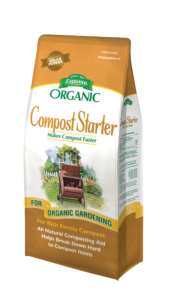 What is Composting?
What is Composting?
Composting is the biological process in which microorganisms convert organic material such as manure, leaves, grass, and food wastes into a soil-like material called compost. Composting is the same process that decays leaves and other organic remains in nature except that composting controls the conditions so that materials decompose faster.
Optimal Conditions for Composting
Composting is quickest when conditions that encourage the growth of microorganisms are established and maintained. The most important conditions include:
Oxygen and Aeration
Composting consumes large amounts of oxygen. If oxygen is limited, the composting process slows down. Offensive odors are usually a good indication of a need for greater aeration.
Ample Nutrients
Carbon, nitrogen, phosphorous, and potassium are the primary nutrient requirements for microorganisms and plants. Microorganisms use carbon for both energy and growth while nitrogen is essential for protein and reproduction. In general, organisms need about twenty-five times more carbon than nitrogen. Raw materials blended to provide a C/N ratio of 25:1 to 30:1 are ideal for active composting, although C/N ratios from 20:1 to 40:1 will usually give good composting results.
Moisture
Moisture is required to support the metabolic processes of microbes. Water provides the medium for chemical reactions, transports nutrients, and allows microorganisms to move about. The moisture content of composting materials should be maintained with a range of 40% to 65%.
Microorganisms
Successful composting relies on the successful growth and maintenance of microbial populations. Generally, sufficient organisms can be found with most organic materials. However, adverse conditions such as low oxygen, poor nutrients, inadequate moisture, or improper pH can slow, stop or even kill the growth of these vital decomposers. Espoma Compost Starter provides the insurance that their growth will proceed optimally by enriching the pile with thermophilic, mesophilic, and special varieties of microbes that are specifically cultured for rapid and complete composting.
Taking Care of the Compost Pile
To ensure that adequate amounts of oxygen are maintained in the pile, turning is an ideal technique. The main objectives of turning are to shift materials from the outer parts of the pile closed to the center for better decomposition and to incorporate oxygen. The pile should be turned more frequently during the warmer periods of the year. Piles should be turned immediately if ammonia or other offensive odors are detected.
The composting pile should also be kept moist for proper decomposition. Inadequate moisture reduces microbial activity, while excessive water may cause anaerobic conditions. A thin outer layer of dry material is unavoidable. During dry weather it may be necessary to add more water. The moisture content of the interior of the pile should be observed while turning.
Common Problems & Solutions
| Problems | Probable Reason(s) | Solution |
|---|---|---|
| Compost does not heat up | Too dry or wet, C:N ratio too high, pile too small, pH low, not enough aeration | Add water to dry material, add Compost Starter, and/or low C:N materials, build pile larger, add Compost Starter, turn more frequently |
| Compost cooling | Low moisture or aeration, composting almost done | Add moisture and turn more frequently, add Compost Starter, if composting almost done – do nothing |
| Compost overheating | Pile too large, spontaneous combustion beginning | Add moisture, turn more frequently |
| Ammonia odor | High pH, high nitrogen | Add high C:N materials |
| Rotten eggs odor | Too wet, not enough aeration | Add dry materials, turn more frequently |
| Insects | Breeding in pile, too wet | Turn more frequently, reduce moisture, add Compost Starter |
